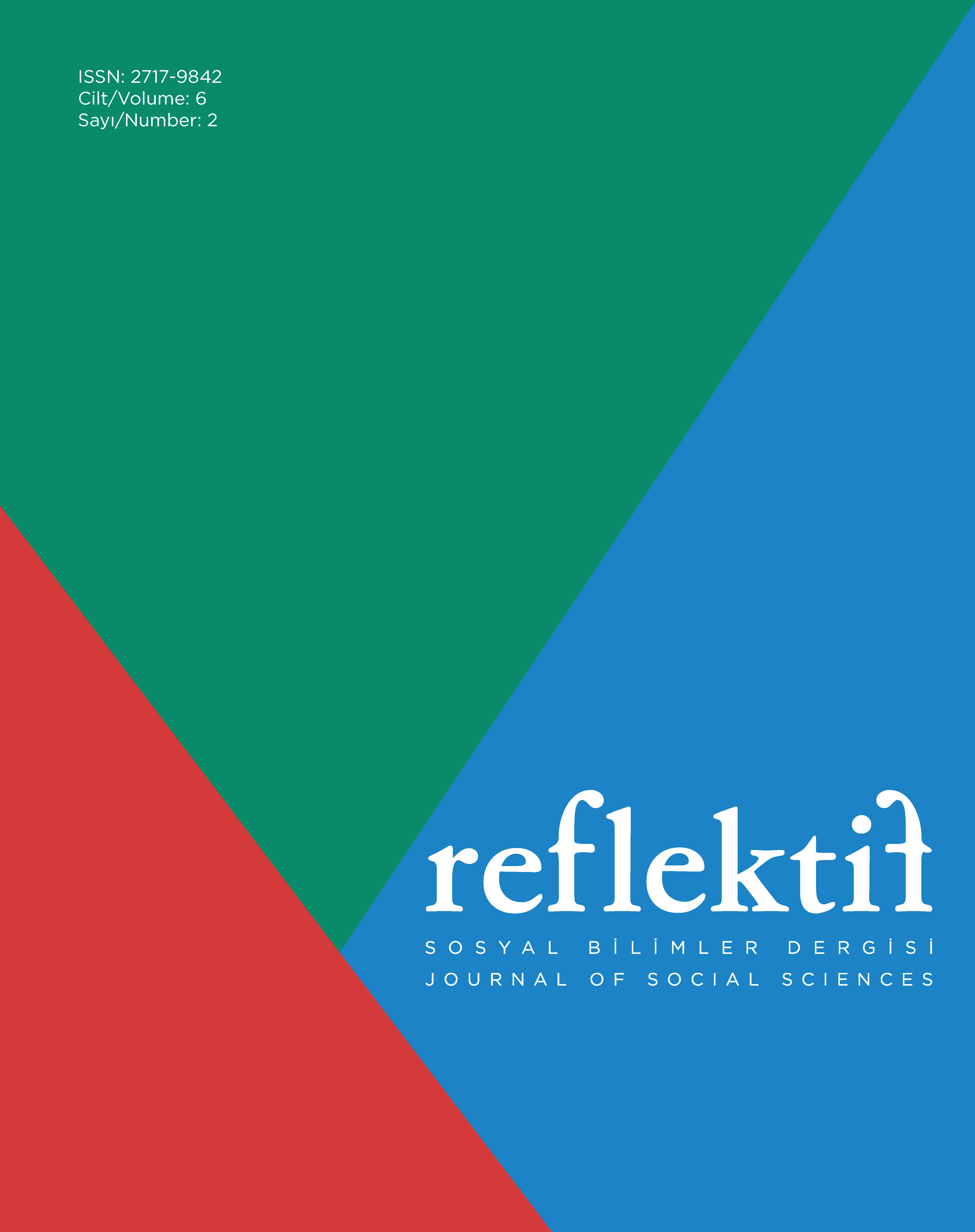Theological Authority, Critical Reason, and The Epistemological Disintegration of Belief Systems
DOI:
https://doi.org/10.47613/reflektif.2025.231Keywords:
Algorithmic governance, capitalism, metaphysics, secularization, Theological AuthorityAbstract
This study examines the transformation of theological authority in an era shaped by epistemological skepticism, capitalist structures, and digital technologies. While traditional metaphysical frameworks once positioned God as the foundation of knowledge and morality, modernity has fractured this certainty, leading to competing structures of belief. The decline of divine authority has not eradicated the need for transcendence, but has instead redirected it into economic ideologies, algorithmic governance, and digital utopias. Capitalism now dictates human behavior with quasi-theological force, while artificial intelligence and transhumanism offer new visions of omniscience and immortality. This study argues that secularization has not resulted in the disappearance of belief but in its reconfiguration. As theological structures dissolve, they are continuously reinvented, raising the fundamental question: Has metaphysics truly ended, or has it simply been displaced into new ideological and technological domains?
Downloads
Published
How to Cite
Issue
Section
License
Copyright (c) 2025 Ayhan Aksakallı

This work is licensed under a Creative Commons Attribution-ShareAlike 4.0 International License.
All manuscripts which are submitted to the REFLEKTIF Journal of Social Sciences should not be published, accepted and submitted for publication elsewhere.
In case an article is accepted for publication it is allowed to combine the article with other researches, to conduct a new research on the article or to make different arrangements on condition that the same license is used including the commercial purpose.
As an author of an article published in REFLEKTIF Journal of Social Sciences you retain the copyright of your article and you are free to reproduce and disseminate your work.




